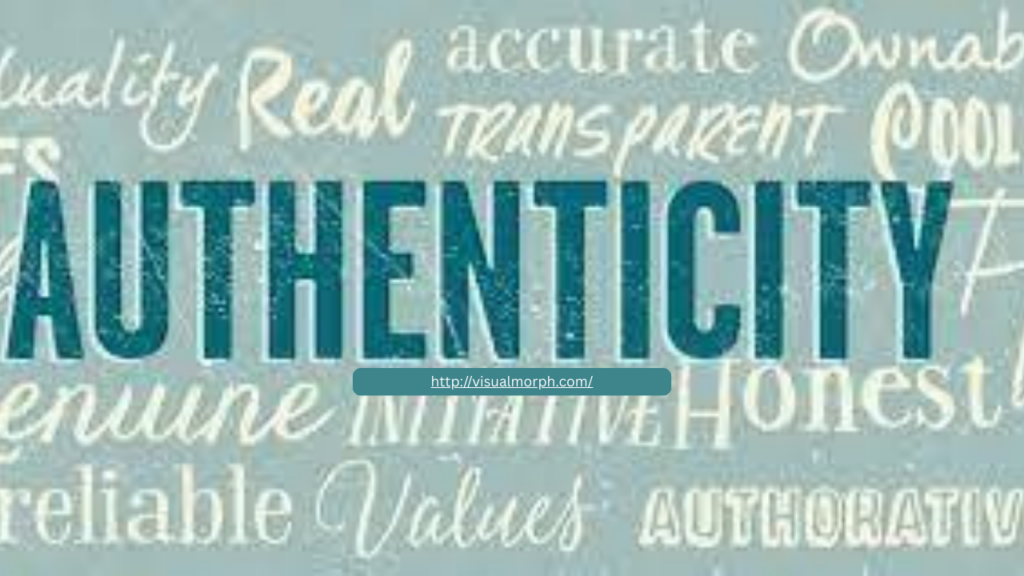
In the age of swipes, likes, and carefully curated dating profiles, technology has reshaped the way we find love. Once left to chance encounters or introductions by friends, modern romance is now often mediated by algorithms. Dating apps, social media platforms, and even streaming services use predictive technology to suggest who we should date, what we should watch, and how we should present ourselves online. But as tech continues to play matchmaker, a critical question emerges: Is it enhancing our pursuit of love, or dictating it?
Algorithms are designed to optimize efficiency. In dating, this means connecting people based on shared interests, proximity, and behavioral data. Apps like Tinder, Bumble, and Hinge analyze how we swipe, what we like, and how we interact to recommend “ideal” matches. On the surface, this sounds helpful. It narrows down the overwhelming pool of potential partners and increases the chances of compatibility. Yet, beneath this convenience lies a growing concern: are these algorithm-driven interactions undermining authenticity?
The reality is that algorithms prioritize patterns, not people. They reinforce preferences and behaviors, sometimes limiting the diversity of connections we make. If a user consistently swipes right on a certain “type,” the app will continue showing more of the same—reinforcing biases and narrowing the scope of potential experiences. This creates an echo chamber of attraction, where we’re not encouraged to explore or challenge our expectations. It can turn the search for love into a data-driven loop, rather than a journey of genuine discovery.
Moreover, in a system driven by optimization, the pressure to present oneself as “match-worthy” can lead to inauthentic self-presentation. Dating profiles often highlight the most polished version of a person, curated to appeal to algorithms and human viewers alike. Photos are edited, bios are carefully worded, and interests are strategically listed. This performative aspect of dating creates a tension between who we are and who we think we need to be to attract a match. Authenticity becomes compromised in favor of digital approval.
There’s also the issue of how these platforms monetize love. Many dating apps operate on freemium models, offering basic matching for free while charging for features like advanced filters, profile boosts, and visibility enhancements. This commercialization of connection turns love into a transaction, subtly shifting the focus from meaningful relationships to gamified engagement. When swipes become currency and matches are milestones, the human aspect of dating can easily get lost.
Still, technology isn’t inherently the enemy of love. For many, dating apps and online platforms have provided access to relationships that might never have happened otherwise. They can be tools for connection—especially for those in marginalized communities, remote areas, or with limited social circles. The challenge is using these tools with intention and self-awareness.
To preserve authenticity in an algorithm-driven world, we must stay rooted in self-knowledge and emotional honesty. It means resisting the urge to chase validation through metrics and choosing vulnerability over perfection. Love, after all, is not about compatibility scores or curated profiles—it’s about real connection, built on trust, presence, and mutual understanding.
In the face of powerful algorithms, authenticity is our most valuable asset. Let’s not forget that behind every swipe is a human being, hoping for something real.